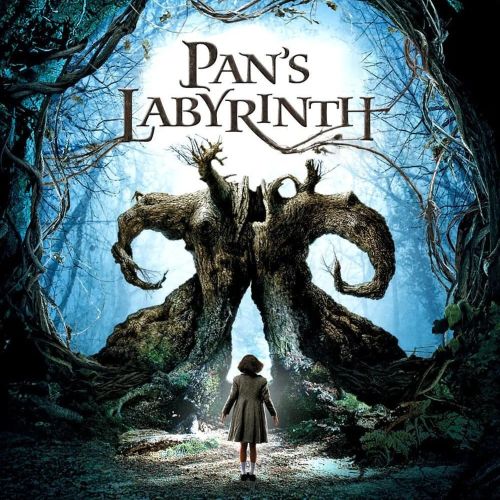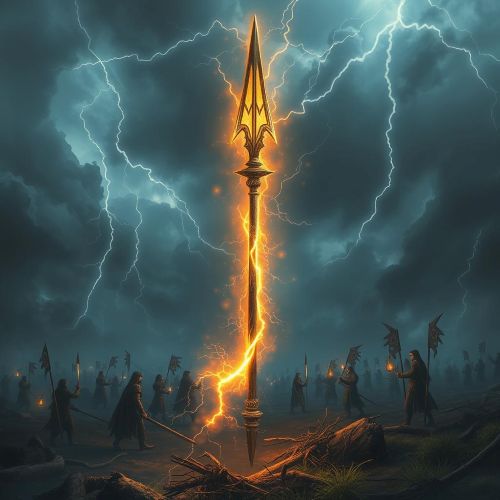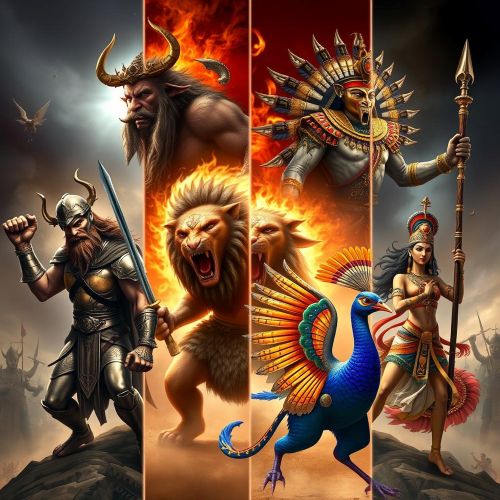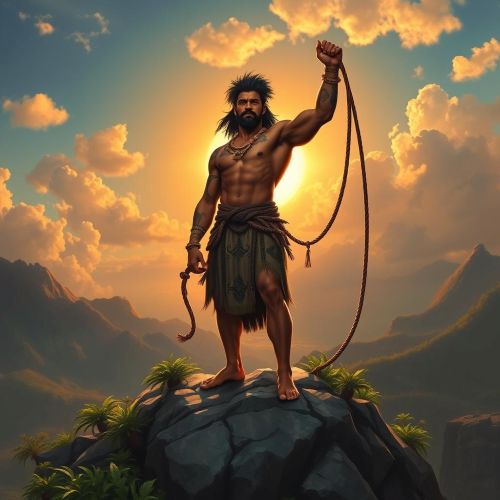Unveiling the Enigma: The Difference Between Devas and Asuras
In various mythological traditions around the world, tales of divine beings often take center stage. In Hindu mythology, the Devas and Asuras are two prominent groups of celestial beings that frequently appear in stories of cosmic battles, power struggles, and the eternal fight between good and evil. Understanding the difference between Devas and Asuras can offer valuable insights into the complexities of human nature and the eternal struggle for balance in the universe. Let’s dive into the enigmatic world of Devas and Asuras.
The Origins of Devas and Asuras
In Hindu mythology, both Devas and Asuras are considered descendants of the great sage Kashyapa, born to different wives. The Devas are the children of Aditi, known as the mother of the gods, and they represent the forces of good, light, and virtue. In contrast, the Asuras are the offspring of Diti, who represents darkness and ignorance, often associated with negative traits.
Divine Characteristics of Devas
Devas are generally portrayed as benevolent, celestial beings who uphold righteousness and protect the cosmos from evil forces. They possess immense power, wisdom, and beauty. Among the Devas, Indra, the king of gods, wields the thunderbolt and is associated with rain, fertility, and prosperity. Varuna governs the cosmic order and justice, while Agni is the fire god, bridging the gap between mortals and the divine.
The Asuras and Their Nature
In contrast to the Devas, Asuras are depicted as beings driven by desire, ego, and ambition. They are often associated with chaos, greed, and arrogance. The most famous Asura, Ravana, was the ten-headed demon king who abducted Sita in the epic Ramayana. Another well-known Asura, Mahabali, was a powerful and generous king who was eventually outwitted by Lord Vishnu.
The Eternal Struggle
The rivalry between the Devas and Asuras is a recurring theme in Hindu mythology. The Asuras perpetually seek to overthrow the Devas and claim dominance over the heavens. These mythological battles symbolize the eternal conflict between light and darkness, good and evil, knowledge and ignorance. They represent the inner struggles that individuals face in their quest for self-discovery and enlightenment.
Symbolism and Inner Meaning
Beyond the literal interpretations, the Devas and Asuras hold profound symbolic significance. They are archetypes that represent different aspects of the human psyche. The Devas embody virtues like selflessness, compassion, and humility, urging us to cultivate these qualities to attain spiritual growth.
On the other hand, the Asuras symbolize the darker aspects of human nature, such as ego, greed, and selfishness. By acknowledging these tendencies within ourselves, we can strive to transcend them and achieve inner harmony.
The Balance of Power
Interestingly, Hindu mythology acknowledges that the Asuras, despite their negative traits, are not entirely evil. They possess great intelligence, knowledge, and perseverance. While the Devas uphold the cosmic order, the Asuras challenge it, bringing dynamism and evolution to the universe. The balance between these forces is crucial for maintaining cosmic harmony.
Lessons for Humanity
The eternal struggle between Devas and Asuras imparts several essential lessons for humanity. It reminds us that life is a delicate balance of opposites, and we must embrace both light and darkness to attain true wisdom. Just as the Devas and Asuras coexist in the universe, our lives too are a tapestry of joys and sorrows, victories and defeats.
The Asuras also teach us the importance of self-awareness. Acknowledging our flaws and weaknesses allows us to embark on a journey of self-improvement and spiritual growth. The path to becoming better versions of ourselves lies in recognizing our negative tendencies and transforming them into positive virtues.
Harmony through Understanding
The stories of Devas and Asuras remind us that unity can be achieved through understanding and cooperation. Instead of resisting the Asuras within us, we can learn from them and channel their qualities in constructive ways. Just as the Devas seek to uplift humanity, the Asuras’ determination and resilience can help us overcome challenges and achieve our goals.
In conclusion, the difference between Devas and Asuras in Hindu mythology transcends a simple tale of gods and demons. It mirrors the intricacies of human nature and the eternal quest for balance and enlightenment. By exploring these mythical characters and their struggles, we can gain valuable insights into our own journey of self-discovery and spiritual growth. Embracing both the light and darkness within us allows us to attain true harmony and forge a path to wisdom and understanding.






